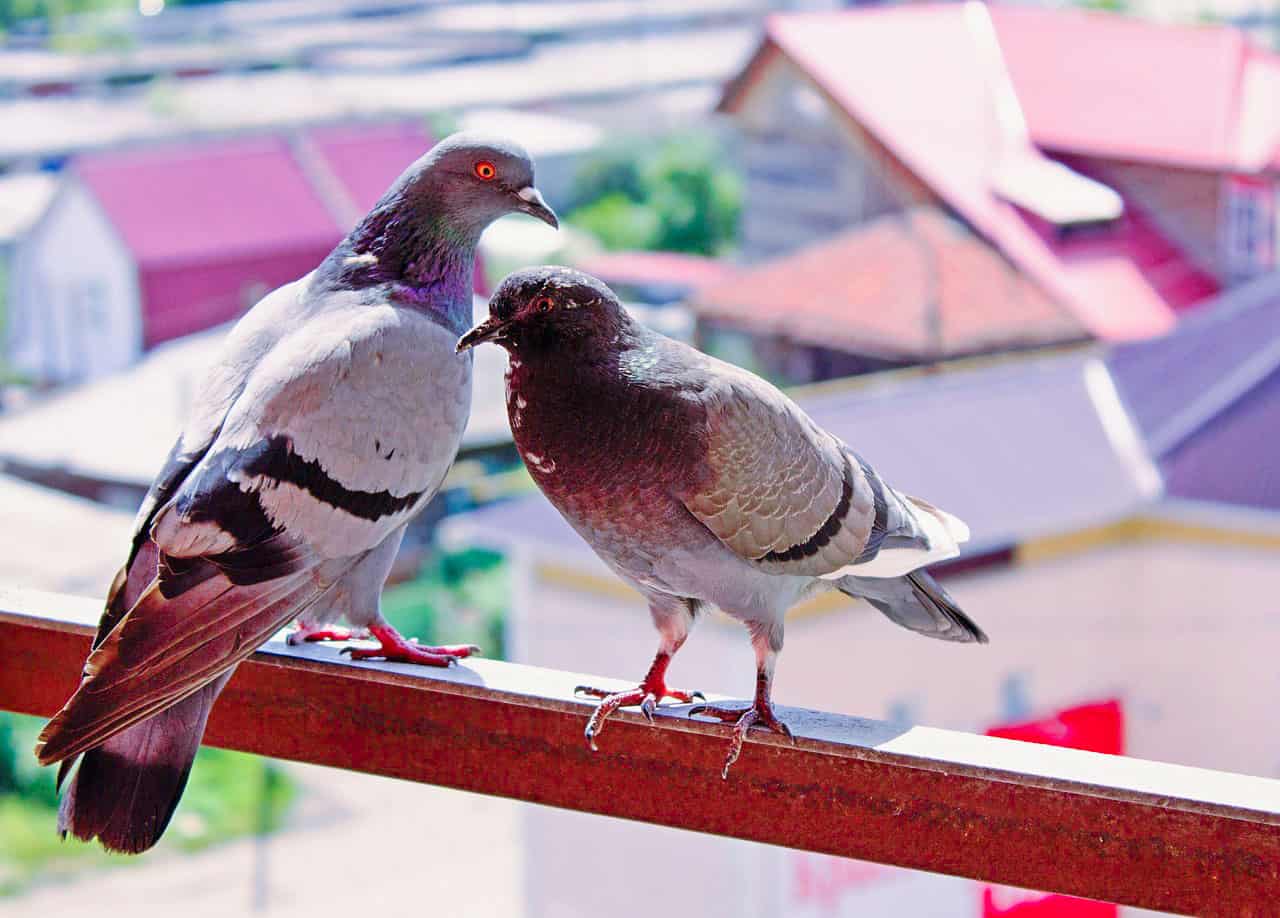

Articles
How To Keep Pigeons Away From Balcony
Modified: February 24, 2024
Get effective tips and articles on how to keep pigeons away from your balcony. Keep your space clean and bird-free with practical strategies for pigeon prevention.
(Many of the links in this article redirect to a specific reviewed product. Your purchase of these products through affiliate links helps to generate commission for Storables.com, at no extra cost. Learn more)
Introduction
Welcome to our comprehensive guide on keeping pigeons away from your balcony. Pigeons may be fascinating creatures to observe from a distance, but when they decide to frequent your balcony, they can quickly become a nuisance. With their droppings, feathers, and constant cooing, pigeons can disrupt the tranquility of your outdoor space and even pose health risks to you and your family.
Fortunately, there are effective methods to deter pigeons and reclaim your balcony as a peaceful retreat. In this article, we will explore various strategies and techniques that can help you keep pigeons away from your balcony for good.
Before we delve into the specific methods, it’s important to understand the behavior of pigeons. Pigeons have a natural inclination to seek sheltered areas for nesting and feeding. Balconies offer them the perfect combination of shelter and easy access to food sources, making them an attractive spot for pigeons to roost and breed.
Identifying the common attractants for pigeons is vital in addressing the pigeon problem effectively. Food sources, such as open garbage containers or bird feeders, are a major draw for pigeons. Additionally, pigeons are instinctively attracted to areas with ample perching spots and nesting opportunities. Understanding these behaviors will help you tailor your pigeon deterrent strategy.
There are both natural and non-natural methods to discourage pigeons from frequenting your balcony. Natural methods involve using harmless techniques that exploit pigeon behaviors to discourage them from settling on your balcony. Non-natural methods, on the other hand, may involve seeking professional pest control services or installing avian wire systems to physically prevent pigeons from landing on your balcony.
Now that we have set the stage, let’s dive into the various methods you can employ to keep pigeons away from your balcony. From removing food sources to installing deterrent devices, there’s a solution for every situation.
Key Takeaways:
- Pigeon deterrence requires a comprehensive approach, leveraging natural and non-natural methods to create an inhospitable environment for pigeons. By understanding their behaviors and attractants, you can reclaim your balcony as a peaceful retreat.
- Seeking professional pest control services and considering avian wire systems are effective non-natural methods to address persistent pigeon problems. These advanced solutions provide long-lasting deterrence, ensuring a pigeon-free balcony for years to come.
Read more: How To Keep Dog Away From Fence
Understanding the Behavior of Pigeons
Before we can effectively deter pigeons from our balconies, it is important to have a basic understanding of their behavior. Pigeons are highly adaptable birds that have successfully colonized urban areas around the world. They are known for their distinctive cooing sounds, the iridescent feathers on their necks, and their ability to navigate long distances.
Pigeons are social birds that tend to flock together in large groups. These flocks, known as “pidges,” often congregate in areas where they can find food and shelter. Balconies, with their ledges, overhead covers, and access to potential food sources, provide an ideal environment for pigeons to settle.
One of the main reasons pigeons are attracted to balconies is the availability of food. Pigeons are opportunistic feeders and will eat almost anything, from grains and seeds to crumbs and scraps. They are also attracted to garbage bins and can often be seen scavenging for food around outdoor dining areas.
Pigeons are also instinctively drawn to areas that provide shelter and protection. Balconies with high walls or overhangs offer pigeons a safe spot to build nests and raise their young. These areas often mimic the natural nesting sites that pigeons would find in cliffs or trees.
Furthermore, pigeons are creatures of habit and will return to areas that they have successfully found food or shelter in the past. This means that once pigeons have chosen your balcony as a roosting spot, it can be challenging to deter them without implementing effective deterrent measures.
Understanding these behaviors can help us better craft our pigeon deterrent strategies. By addressing the attractants and creating an inhospitable environment for pigeons, we can discourage them from choosing our balconies as their preferred nesting site.
Now that we have gained insight into the behavior of pigeons, let’s explore the common attractants that draw them to our balconies.
Identifying Common Attractants for Pigeons
In order to effectively deter pigeons from your balcony, it is crucial to identify the common attractants that draw them to this area. By addressing these attractants, you can create an environment that is less appealing for pigeons to settle in. Here are some key factors to consider:
1. Food Sources: Pigeons are opportunistic feeders and will flock to areas with easily accessible food. Any food left out on your balcony, such as crumbs from snacks or bird feeders, can attract pigeons. Make sure to properly dispose of food waste and keep your balcony clean to minimize potential food sources.
2. Water Sources: Pigeons, like all living creatures, require water to survive. If there is a water source on your balcony, such as standing water in flower pots or containers, it can attract pigeons. Regularly check for and eliminate any sources of standing water.
3. Sheltered Spaces: Pigeons are instinctively drawn to areas that provide shelter and protection from the elements. Balconies with high walls, ledges, or overhangs offer attractive roosting spots for pigeons. Assess your balcony and identify any areas that can serve as potential shelter for pigeons.
4. Nesting Opportunities: Pigeons are notorious for building nests in nooks and crannies. If your balcony has small openings, gaps, or access points that pigeons can exploit, it increases the likelihood of them nesting there. Close off any potential nesting spots to discourage pigeons from settling.
5. Previous Pigeon Activity: Pigeons have excellent memory and will return to areas where they have previously found food or shelter. If your balcony has been frequented by pigeons in the past, it’s important to remove any remnants of their presence, such as nests or droppings, as they act as a signal for pigeons to return.
By understanding these common attractants, you can modify your balcony to make it less appealing for pigeons to frequent. In the next section, we will explore natural methods to deter pigeons and create an inhospitable environment for them.
Natural Methods to Deter Pigeons
If you prefer to use natural and humane methods to deter pigeons from your balcony, there are several strategies you can employ. These methods leverage pigeon behaviors and instincts to create an environment that is less favorable for them to roost and nest. Here are some effective natural methods to consider:
1. Remove Food Sources: Eliminating any potential food sources is a crucial step in deterring pigeons. Ensure that your balcony is free from crumbs, food waste, and exposed pet food. By reducing the availability of food, pigeons will be less likely to view your balcony as a reliable food source.
2. Install Bird Spikes or Deterrent Devices: Installing bird spikes or deterrent devices on the ledges and perching spots of your balcony can make it uncomfortable for pigeons to land and roost. These devices are typically made of metal or plastic and have pointed or spiked surfaces that discourage birds from landing.
3. Use Reflective Decoys or Predator Figures: Pigeons are wary of their surroundings and are often spooked by reflective surfaces and predator figures. Hanging reflective decoys, such as old CDs or hanging metallic strips, can create a visually unsettling environment for pigeons. Additionally, placing predator figures, like plastic owls or hawks, can give the impression of a potential threat, deterring pigeons from settling.
4. Utilize Motion-Activated Sprinklers or Noisemakers: Pigeons dislike sudden movements and loud noises. Installing motion-activated sprinklers or strategically placing wind chimes or other noisemakers can startle pigeons and discourage them from staying on your balcony. Be mindful of your neighbors when using these noisemakers.
5. Create Physical Barriers or Netting: Creating physical barriers or installing netting can prevent pigeons from accessing your balcony altogether. Attach mesh netting or bird-proofing netting to cover open areas, small gaps, and potential nesting spots. Ensure that the netting is properly secured to prevent pigeons from finding their way in.
6. Apply Repellent Gels or Sprays: There are commercially available bird repellent gels and sprays that can make surfaces unappealing for pigeons. These products create a sticky or unpleasant texture that pigeons dislike, deterring them from landing or roosting. Be sure to follow the manufacturer’s instructions when applying these repellents.
7. Implement Ultrasonic Bird Control Devices: Ultrasonic bird control devices emit high-frequency sound waves that are undetectable to humans but irritating to pigeons. These devices can be placed on your balcony and emit continuous or intermittent ultrasonic sound to deter pigeons from approaching.
By employing these natural methods, you can create an environment that discourages pigeons from settling on your balcony. However, it’s important to note that the effectiveness of these methods may vary based on the specific circumstances and persistence of the pigeons. In some cases, a combination of natural and non-natural methods may be necessary for long-term pigeon deterrence.
Now that we have explored natural methods, let’s turn our attention to non-natural methods that can effectively keep pigeons away from your balcony.
Remove Food Sources
One of the most effective ways to deter pigeons from your balcony is by removing any potential food sources that may attract them. Pigeons are opportunistic feeders and are drawn to areas where they can easily find food. By eliminating these food sources, you can create an environment that is less appealing to pigeons. Here are some steps you can take to remove food sources:
Keep Balcony Clean: Regularly clean your balcony to remove any food debris, crumbs, or leftovers. Pigeons have a keen sense of smell and can easily detect food residue. Sweep the balcony floor, wipe down surfaces, and remove any food spills promptly. This will reduce the likelihood of pigeons being attracted to your balcony in search of a meal.
Secure Garbage Bins: Pigeons are notorious scavengers and are adept at rummaging through garbage bins in search of food scraps. Make sure your garbage bins are tightly sealed and inaccessible to pigeons. Consider using bins with lids that lock securely or installing bird-proofing measures, such as bungee cords or netting, to prevent pigeons from accessing the contents.
Avoid Feeding Birds: While it may be tempting to feed other types of birds on your balcony, it can inadvertently attract pigeons as well. Pigeons are quick to take advantage of any food source, and feeding other birds can create a feeding frenzy that attracts pigeons. If you enjoy feeding birds, consider using feeders designed for specific bird species that exclude larger birds like pigeons.
Store Pet Food: If you have pets and feed them on the balcony, ensure that any leftover pet food is removed promptly. Pigeons are opportunistic feeders and will gladly consume pet food if it is left unattended. Store pet food in airtight containers to prevent pigeons from being enticed by the scent.
Manage Bird Feeders: If you have bird feeders on your balcony, it’s important to manage them properly to avoid attracting pigeons. Choose feeders that are designed to deter larger birds like pigeons while still allowing smaller bird species to feed. Regularly clean the feeders and remove any spilled seeds or debris to prevent pigeons from being enticed.
By actively removing food sources from your balcony, you can make it less appealing for pigeons to frequent. Remember to consistently implement these practices to maintain a pigeon-free environment on your balcony.
Next, we will explore the installation of bird spikes or deterrent devices as another method to deter pigeons from your balcony.
Read more: How To Get Rid Of Pigeons On Your Balcony
Install Bird Spikes or Deterrent Devices
Installing bird spikes or deterrent devices on your balcony is an effective method to physically prevent pigeons from landing and roosting. These devices create an obstacle that makes it uncomfortable or impossible for the birds to perch, encouraging them to find an alternative location. Here’s what you need to know about bird spikes and other deterrent devices:
Bird Spikes: Bird spikes are a commonly used deterrent method for pigeons and other birds. These are typically strips or rows of thin, pointed spikes made from materials like stainless steel or plastic. When installed on ledges, railings, or other perching areas, the spikes create an uneven and uncomfortable surface, preventing birds from landing. Bird spikes are humane and do not cause harm to the birds; they simply provide a physical deterrent.
Bird Coil Systems: Bird coil systems consist of metal or plastic coils that are attached to potential landing spots on your balcony. The coils create an unstable and wobbly surface, making it difficult for pigeons to perch. The motion caused by the coils can disorient the birds and discourage them from landing. Bird coil systems are especially effective on flat surfaces that pigeons typically target for roosting.
Shock Tracks: Shock tracks are electrical deterrent devices that deliver a mild electric shock to birds that try to land on them. These tracks are typically made of metal and are connected to a power source. When a bird attempts to land, it receives a gentle shock, providing a negative association with the area. Shock tracks are only suitable for professional installation and should be used with caution.
Gel Repellents: Gel repellents are non-toxic substances that create a sticky and unpleasant texture on surfaces where pigeons like to perch. The gel makes it uncomfortable for birds to land and discourages them from returning to the treated area. Gel repellents are typically applied to ledges, railings, or other perching spots and are effective for long-lasting deterrent action.
Visual Deterrents: In addition to physical barriers, visual deterrents can also be effective in deterring pigeons. Reflective tape, hanging metallic objects, or wind chimes can create a visually unsettling environment for pigeons, making them less likely to land and roost. These visual deterrents exploit the pigeons’ natural wariness and create an unpredictable setting for them.
When installing bird spikes or other deterrent devices, it is important to ensure that they are properly secured and correctly placed. Follow the manufacturer’s instructions and consider seeking professional assistance if needed. Regular maintenance and inspection of these deterrents are crucial to make sure they remain effective over time.
By installing bird spikes or deterrent devices, you can physically prevent pigeons from landing on your balcony, encouraging them to seek alternative roosting areas. In the next section, we will explore the use of reflective decoys or predator figures as another natural deterrent method.
Use Reflective Decoys or Predator Figures
Another natural method to deter pigeons from your balcony is to utilize reflective decoys or predator figures. Pigeons are wary creatures that are easily spooked by their surroundings, especially if they perceive a potential threat nearby. By strategically placing reflective decoys or predator figures on your balcony, you can create an environment that pigeons find unsettling, discouraging them from settling in the area. Here are some options to consider:
Reflective Decoys: Pigeons are often deterred by reflective surfaces that give the illusion of movement or unpredictability. Hanging reflective decoys, such as old CDs, aluminum foil strips, or mylar balloons, can create this effect. The sunlight reflecting off these surfaces can startle pigeons and make them perceive your balcony as an unsafe space. Ensure that the reflective decoys are in a location where they will catch the sunlight and create maximum visual impact.
Predator Figures: Pigeons have a natural instinct to avoid areas where predators are present. Placing predator figures, such as plastic owls, hawks, or snakes, can create the impression of a potential threat and discourage pigeons from landing on your balcony. It is important to periodically move these figures around to avoid pigeons becoming accustomed to their presence. Pigeons are clever and can quickly realize if the predator figure remains in the same spot without any activity.
Combination Approach: Using a combination of reflective decoys and predator figures can enhance the deterrent effect. The reflective surfaces create visual disturbances, while the predator figures exploit the pigeons’ innate fear of predators. By combining these methods, you create an environment on your balcony that pigeons perceive as risky, making them less likely to roost or nest in the area.
When placing reflective decoys or predator figures, consider the layout and size of your balcony. Position them in areas where pigeons tend to land or roost, such as ledges, railings, or near potential nesting spots. It is important to periodically change the position and orientation of these deterrents to maintain their effectiveness, as pigeons can become accustomed to stationary objects over time.
Utilizing reflective decoys or predator figures can be a cost-effective and environmentally friendly method to deter pigeons from your balcony. Keep in mind that their effectiveness may vary, and it’s important to supplement these deterrent methods with other strategies to create a comprehensive pigeon deterrent approach.
In the next section, we will explore the use of motion-activated sprinklers or noisemakers as natural methods to deter pigeons from your balcony.
Utilize Motion-Activated Sprinklers or Noisemakers
Motion-activated sprinklers or noisemakers can be effective natural deterrents to keep pigeons away from your balcony. These devices utilize sudden movements or loud noises to startle and discourage pigeons from staying in the area. By creating an unpredictable and unsettling environment, you can deter pigeons from roosting and nesting. Here are a couple of options to consider:
Motion-Activated Sprinklers: Motion-activated sprinklers are an effective and humane method to deter pigeons. These devices are equipped with sensors that detect movement and trigger a burst of water. When a pigeon enters the protected area, the sudden spray of water startles the bird, teaching it to associate your balcony with an unpleasant experience. Motion-activated sprinklers provide a consistent deterrent and can cover a wide area, making them suitable for larger balconies.
Noisemakers: Pigeons are sensitive to sudden loud noises, which can cause them to become startled and seek safety elsewhere. Placing wind chimes, wind spinners, or other types of noisemakers on your balcony can create an unsettling auditory environment for pigeons. Alternatively, you can use motion-activated noise devices that emit sounds when triggered by movement. These devices can simulate the sounds of natural predators or distress calls, further deterring pigeons from settling.
When using motion-activated sprinklers or noisemakers, it is important to consider your neighbors and the proximity of other residences. Ensure that the noise level and water spray are directed solely toward your balcony and do not disturb others. Adjust the sensitivity settings of these devices to minimize false triggers while still effectively deterring pigeons.
It is worth noting that pigeons can acclimate to constant noise or water spray over time. To maintain the effectiveness of these deterrents, periodically change the location or orientation of the devices. This will prevent pigeons from becoming accustomed to the patterns and reduce the likelihood of them ignoring the deterrents.
Utilizing motion-activated sprinklers or noisemakers can be a proactive and automated way to deter pigeons without causing harm to them. These devices offer a hands-off approach and are especially useful when you are unable to consistently monitor and implement other deterrent methods. However, it is important to supplement these measures with other strategies to create a comprehensive pigeon deterrent approach.
In the next section, we will explore the use of physical barriers or netting as another natural method to keep pigeons away from your balcony.
Install bird spikes or netting on your balcony to prevent pigeons from landing. Keep the area clean and free of food scraps to discourage them from coming back.
Create Physical Barriers or Netting
Creating physical barriers or installing netting on your balcony is an effective natural method to prevent pigeons from landing and roosting. These barriers and netting serve as a deterrent by blocking access to your balcony, making it an inhospitable environment for pigeons. Here’s what you need to know:
Mesh Netting: Installing mesh netting is a practical and humane way to deter pigeons from your balcony. The netting is typically made of durable materials, such as nylon or polyethylene, with small gaps that stop pigeons from squeezing through. Mesh netting acts as a physical barrier, preventing pigeons from landing and accessing potential nesting spots. Ensure that the netting is securely attached to the structure of your balcony to avoid gaps or loose areas where pigeons could find entry.
Barriers and Screens: Creating physical barriers or screens can block pigeons from accessing your balcony altogether. This can involve installing barriers made of materials like plastic, wood, or metal that cover openings, gaps, or potential landing spots. This method is especially effective for balconies with small openings or narrow ledges that pigeons tend to exploit for nesting or roosting. It’s important to ensure that the materials used for the barriers are secure and do not pose any safety hazards.
Balcony Extensions: Extending barriers and netting beyond the immediate area of your balcony can provide enhanced protection. For balconies with ample space, consider extending netting vertically or horizontally to create a larger zone that is inaccessible to pigeons. This approach prevents pigeons from perching on nearby structures and attempting to access your balcony from different angles.
When installing physical barriers or netting, it is essential to consider the aesthetics and functionality of your balcony. Ensure that the barriers or netting do not obstruct your view, access to sunlight, ventilation, or any necessary maintenance. Additionally, regularly inspect and maintain the barriers or netting to repair any damages and ensure continued effectiveness.
Creating physical barriers and using netting can be a long-term and reliable solution to keep pigeons away from your balcony. This method creates an impassable barrier, effectively excluding pigeons from accessing your balcony and eliminating the possibility of nesting or roosting. However, it is important to combine this approach with other deterrent methods to create a comprehensive pigeon control strategy.
In the next section, we will explore the use of repellent gels or sprays as another natural method to deter pigeons from your balcony.
Read more: How To Keep A Pergola From Blowing Away
Apply Repellent Gels or Sprays
If you prefer a non-intrusive method to deter pigeons from your balcony, applying repellent gels or sprays can be an effective solution. These non-toxic products create a sticky or unpleasant surface on areas where pigeons like to land, discouraging them from roosting or nesting. Here’s what you need to know about repellent gels or sprays:
Repellent Gels: Repellent gels are viscous substances that create an uncomfortable texture on surfaces where pigeons tend to perch. These gels are typically non-toxic and safe for both humans and birds. When applied, the sticky consistency of the gel makes it challenging for pigeons to land comfortably, prompting them to seek alternative locations. Repellent gels are particularly effective on ledges, railings, or other flat surfaces where pigeons frequently settle.
Repellent Sprays: Repellent sprays work in a similar way to gels, but in a liquid form that can be sprayed onto surfaces. These sprays often contain natural ingredients that are safe for the environment and do not harm pigeons. When sprayed on areas where pigeons roost or perch, the repellent liquid creates an unpleasant sensation on their feet and feathers, discouraging them from returning to your balcony. Repellent sprays are suitable for a wide range of surfaces and are easy to apply.
When using repellent gels or sprays, it’s important to follow the manufacturer’s instructions for application. Clean the targeted surfaces thoroughly before applying the repellent to ensure optimal effectiveness. Reapply the repellent periodically, especially after rain or heavy weather conditions, as it may wear off over time.
While repellent gels and sprays are a non-intrusive method to deter pigeons, it’s important to consider potential unintended consequences. Ensure that the gel or spray does not come into contact with surfaces or items that you or your family members frequently touch or come into contact with. Additionally, be mindful of the potential impact on other wildlife, such as beneficial birds or insects, to maintain a balanced ecosystem on your balcony.
Repellent gels and sprays can provide a practical and non-intrusive option to deter pigeons from your balcony. When used correctly, they create an uncomfortable surface that encourages pigeons to seek alternative locations for roosting or nesting. However, it is important to integrate repellents with other deterrent methods to create a comprehensive approach in keeping pigeons away from your balcony.
In the next section, we will explore the use of ultrasonic bird control devices as another natural method of pigeon deterrence.
Implement Ultrasonic Bird Control Devices
If you are looking for a high-tech and low-maintenance method to deter pigeons from your balcony, implementing ultrasonic bird control devices can be an effective solution. These devices emit high-frequency sound waves that are undetectable to humans but irritating to pigeons, deterring them from your balcony. Here’s what you need to know:
How Ultrasonic Bird Control Devices Work: Ultrasonic bird control devices emit high-frequency sound waves that mimic alarm calls or distress signals of birds. These sound waves are inaudible to humans, but pigeons can detect them and perceive them as a sign of danger. The continuous or intermittent ultrasonic sound creates a hostile acoustic environment for pigeons, discouraging them from approaching and nesting on your balcony.
Types of Ultrasonic Bird Control Devices: There are various types of ultrasonic bird control devices available on the market. Some devices are designed for individual balconies and emit sound waves in a specific range, while others cover larger areas. These devices can be powered by electricity or batteries, depending on their size and capacity. It’s important to choose a device that suits the size of your balcony and provides adequate coverage.
Placement and Usage: To effectively use ultrasonic bird control devices, place them strategically on your balcony, ensuring that the sound waves cover the desired area. Follow the manufacturer’s instructions for proper installation and usage. It’s important to note that ultrasonic sound waves can be blocked by solid objects, so avoid placing objects that may obstruct the path of the sound waves. Regularly check and maintain the devices to ensure their functionality.
Ultrasonic bird control devices are an excellent option for those who prefer a hands-off approach to pigeon deterrence. Once installed, they work continuously to create an unpleasant acoustic environment for pigeons, minimizing the need for constant monitoring or maintenance. However, it’s important to note that the effectiveness of ultrasonic devices can vary depending on the specific situation, including environmental factors and the persistence of pigeons. For optimal results, it may be advisable to combine ultrasonic devices with other natural pigeon deterrent methods.
Now that we have explored the natural methods to deter pigeons from your balcony, let’s move on to non-natural methods that can provide additional options for keeping pigeons away.
Non-Natural Methods to Deter Pigeons
If you’re looking for additional options to deter pigeons from your balcony, there are non-natural methods available that can effectively discourage these birds from roosting and nesting. These methods may involve seeking professional assistance or implementing more advanced techniques. Here are some non-natural methods to consider:
1. Seek Professional Pest Control Services: If you’re facing a persistent pigeon problem on your balcony, it may be worthwhile to enlist the help of professional pest control services. These experts have specialized knowledge and access to advanced pigeon deterrent techniques, such as laser deterrents or specialized trapping methods. They can evaluate your specific situation and implement the most appropriate and effective measures to keep pigeons away from your balcony.
2. Consider Avian Wire Systems: Avian wire systems, also known as bird barriers or bird wire systems, are physical deterrents that prevent pigeons from landing and roosting on your balcony. These systems typically consist of thin stainless steel wires that are stretched across potential landing areas, creating an obstacle that pigeons cannot easily navigate. Avian wire systems provide a long-lasting deterrent and can be a valuable addition to your pigeon control measures. Professional installation is recommended for an effective and safe setup.
It’s important to note that while these non-natural methods can be highly effective, they may require a higher level of investment or professional assistance. Consider your specific needs, budget, and the severity of the pigeon problem when deciding which method to pursue.
Now that we have explored both natural and non-natural methods to deter pigeons, let’s summarize the key points.
Seek Professional Pest Control Services
If you’ve exhausted your efforts in deterring pigeons from your balcony and are still facing persistent issues, it may be time to consider seeking professional pest control services. Pest control professionals have the expertise and knowledge to effectively handle pigeon problems and can provide tailored solutions based on your specific situation. Here’s what you need to know about seeking professional pest control services:
Evaluation and Assessment: Professional pest control services will start by thoroughly evaluating and assessing your balcony and its surroundings. They will identify the specific factors attracting pigeons and assess the extent of the infestation. This evaluation allows them to develop a comprehensive plan to address the pigeon problem effectively.
Pigeon Deterrence Techniques: Pest control professionals utilize a range of pigeon deterrence techniques to manage infestations. These may include the installation of physical deterrents, such as bird spikes, netting, or avian wire systems. They may also employ devices like laser deterrents, electronic bird repellents, or trap-and-release methods. Pest control experts have access to advanced tools and techniques that may not be readily available to homeowners.
Humane Practices: Professional pest control services prioritize the use of humane practices to address pigeon infestations. They aim to deter pigeons from balconies without causing harm to the birds or disrupting the natural balance of the ecosystem. Professional technicians have the knowledge and experience to implement humane measures effectively.
Long-Term Solutions: Pest control professionals focus on providing long-term solutions to pigeon problems. They develop strategies that not only address the current infestation but also prevent future occurrences. By identifying and eliminating attractants, sealing entry points, and implementing deterrent measures, professional services seek to create a pigeon-free environment for the long term.
Regulatory Compliance: Professional pest control services adhere to local regulations and guidelines regarding bird control and pest management. They are knowledgeable about any legal restrictions or permits required for certain deterrence methods. By hiring professionals, you can ensure that the treatment of pigeons on your balcony is conducted in accordance with local laws and regulations.
When choosing a pest control service, consider their experience, reputation, and customer reviews. Seek recommendations from friends or neighbors who may have dealt with similar pigeon problems. Request a consultation and obtain multiple quotes to compare services and pricing before making a decision.
Remember, professional pest control services can provide effective solutions for stubborn pigeon problems. Their expertise, advanced techniques, and long-term strategies can help you reclaim your balcony from unwanted feathered visitors.
Now that we’ve explored the non-natural methods to deter pigeons, let’s conclude our guide on keeping pigeons away from your balcony.
Read more: How To Keep Bats Away From Eaves
Consider Avian Wire Systems
If you’re in search of a durable and long-lasting solution to deter pigeons from your balcony, consider the installation of avian wire systems. Avian wire systems, also known as bird barriers or bird wire systems, are physical deterrents that prevent pigeons from landing and roosting on your balcony. Here’s what you need to know about avian wire systems:
How Avian Wire Systems Work: Avian wire systems are composed of thin stainless steel wires that are stretched across potential landing areas on your balcony. These wires create a physical barrier that pigeons cannot easily navigate or find perching spots on. The tensioned wires act as a deterrent, preventing pigeons from landing and roosting on your balcony.
Professional Installation: Avian wire systems require professional installation for optimal effectiveness and safety. A trained technician will assess your balcony and determine the best locations for wire placement based on pigeon behavior and patterns. They will securely install the wires, ensuring they are taut and correctly positioned to create an effective barrier against pigeons.
Durable and Low-Maintenance: Once properly installed, avian wire systems require minimal maintenance. The stainless steel wires are durable and can withstand various weather conditions. They are resistant to deterioration and have a long lifespan, providing an effective barrier against pigeons for years to come.
Effective Pigeon Deterrence: Avian wire systems are highly effective in preventing pigeons from landing and roosting on your balcony. The wires are positioned close enough together to prevent the birds from finding a stable perch. The visual and physical deterrent provided by the wires discourages pigeons from attempting to access your balcony, forcing them to seek alternative locations for roosting and nesting.
Aesthetically Appealing: Avian wire systems are designed to be low-profile and discreet, so they don’t detract from the aesthetics of your balcony. The thin wires are barely noticeable, allowing you to maintain the visual appeal of your outdoor space while effectively deterring pigeons.
When considering avian wire systems, consult with a professional bird control service experienced in their installation. They will ensure that the wires are positioned to effectively block pigeon access without causing harm to the birds or creating hazards for humans.
Remember that avian wire systems are a long-term and reliable solution to keep pigeons off your balcony. They provide a physical barrier that prevents pigeons from landing and roosting, reducing the need for ongoing maintenance or repellent application.
Now that we’ve explored the non-natural methods to deter pigeons, let’s conclude our guide on keeping pigeons away from your balcony.
Conclusion
Dealing with pigeons on your balcony can be a frustrating and unwelcome experience, but there are several effective methods to deter these birds and reclaim your outdoor space. By understanding the behaviors and attractants of pigeons, you can tailor your approach to deter them effectively. Both natural and non-natural methods can be employed, depending on your preferences and the severity of the pigeon problem.
Natural methods include removing food sources, installing bird spikes or deterrent devices, using reflective decoys or predator figures, utilizing motion-activated sprinklers or noisemakers, creating physical barriers or netting, applying repellent gels or sprays, and implementing ultrasonic bird control devices. These methods leverage pigeon behaviors and instincts to create an environment that is less appealing for them to roost and nest.
Non-natural methods include seeking professional pest control services and considering the installation of avian wire systems. These methods provide advanced and long-lasting solutions, often requiring professional assistance or installation. They can be effective in addressing persistent pigeon problems that natural methods may not fully resolve.
When implementing any deterrent method, ensure compliance with local regulations and consider the safety of both humans and birds. It’s important to maintain a humane approach to pigeon deterrence, balancing the need to protect your balcony with the preservation of wildlife and ecosystem balance.
Remember that pigeon deterrence requires a comprehensive approach. Depending on the complexity and severity of the pigeon problem, it may be necessary to combine multiple methods, alternate strategies, or seek professional assistance. Be consistent in implementing deterrent measures and regularly maintain them to ensure their effectiveness over time.
With the right combination of methods and persistence, you can successfully keep pigeons away from your balcony and enjoy a peaceful and pigeon-free outdoor space. Reclaim your balcony as a haven for relaxation and enjoyment, free from the disruptions caused by pesky pigeons.
Thank you for reading our comprehensive guide on keeping pigeons away from your balcony. We hope you found the information useful and will be able to implement the strategies to effectively deter pigeons. Enjoy your pigeon-free balcony!
Frequently Asked Questions about How To Keep Pigeons Away From Balcony
Was this page helpful?
At Storables.com, we guarantee accurate and reliable information. Our content, validated by Expert Board Contributors, is crafted following stringent Editorial Policies. We're committed to providing you with well-researched, expert-backed insights for all your informational needs.


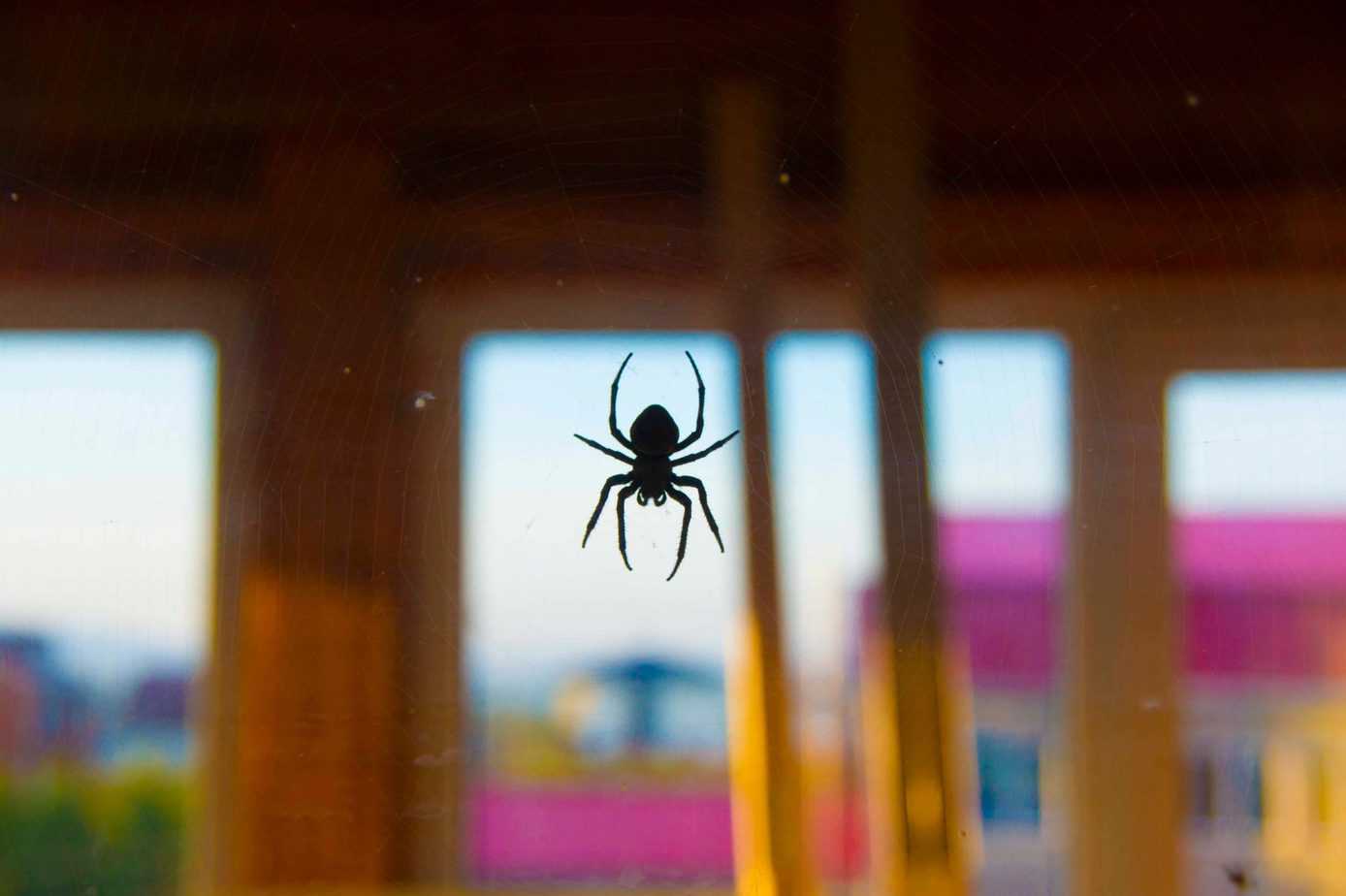
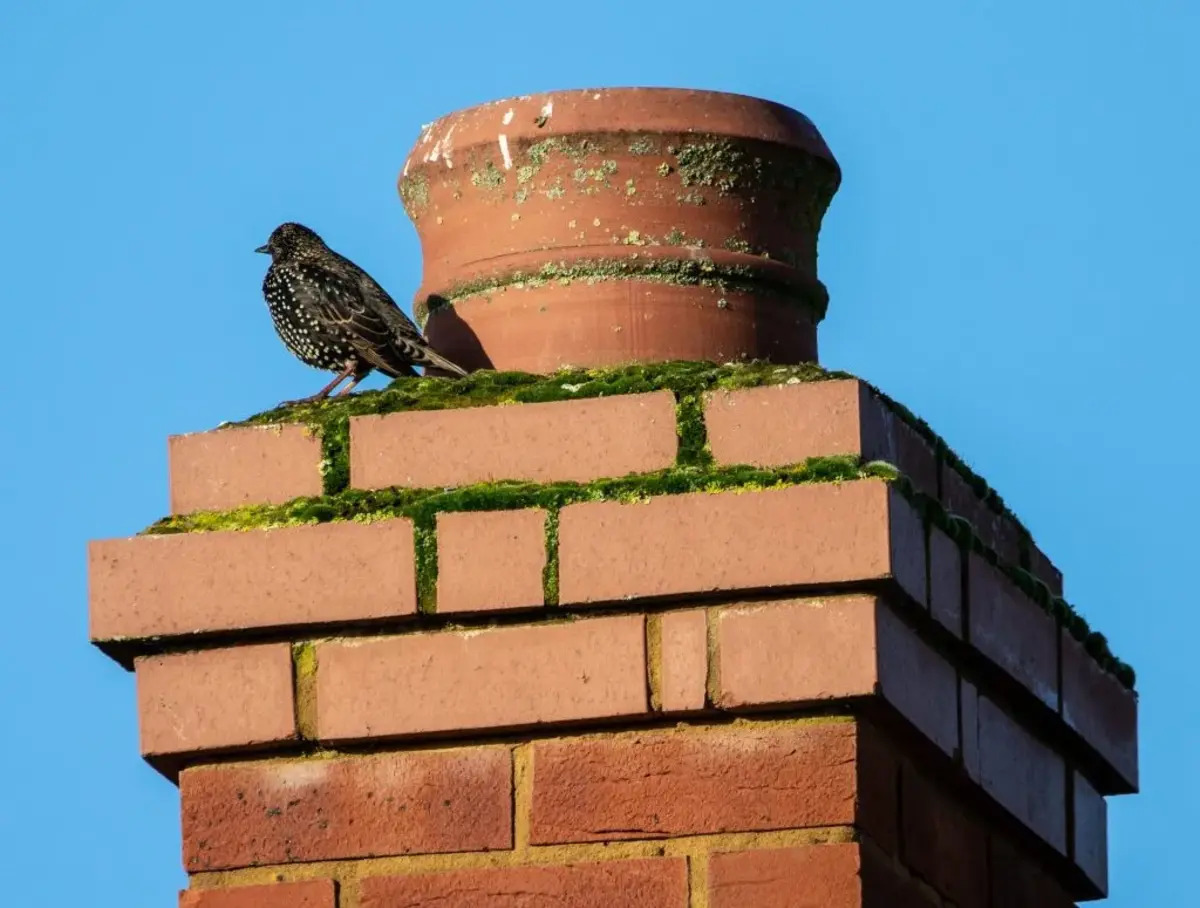
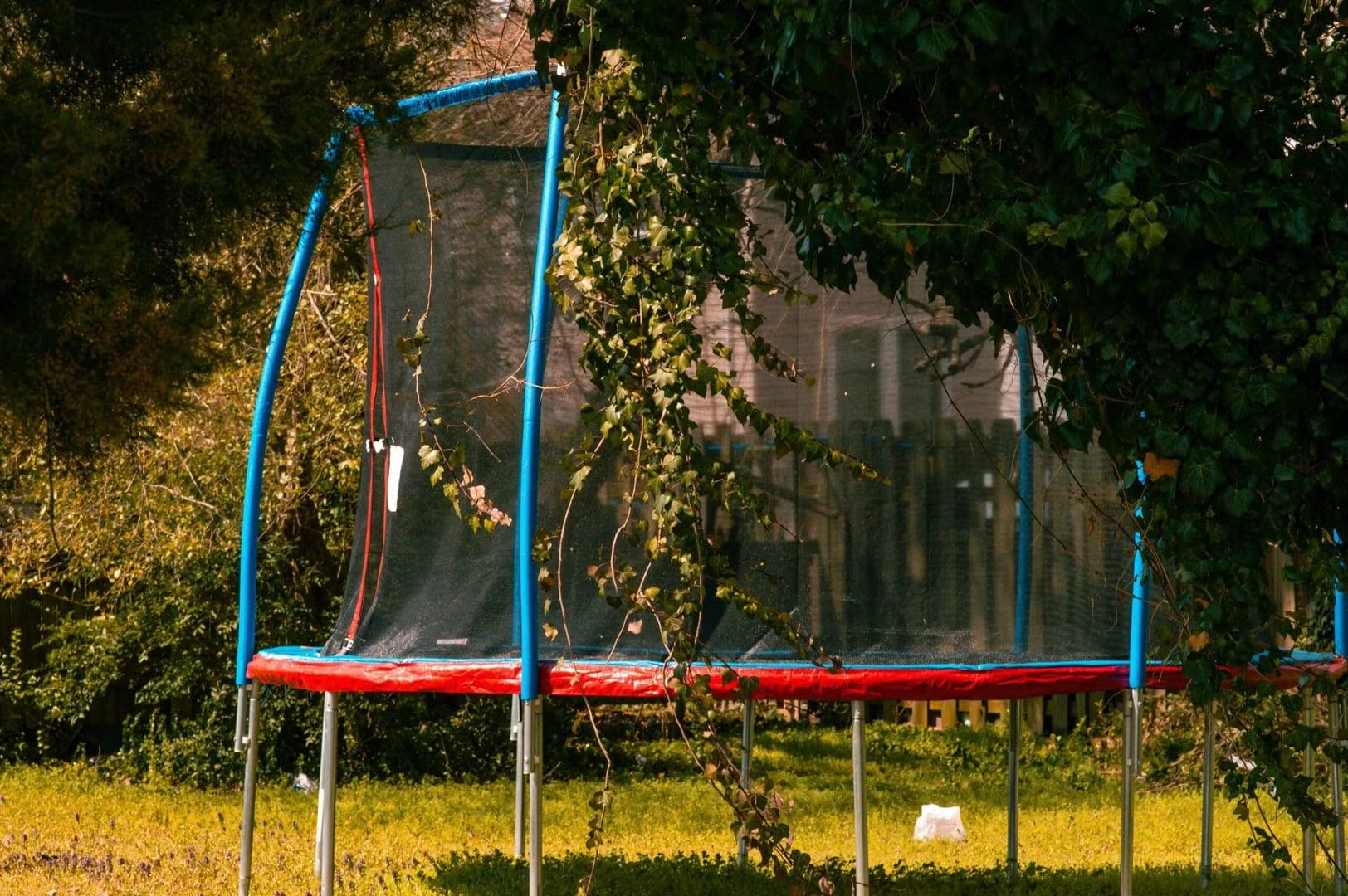
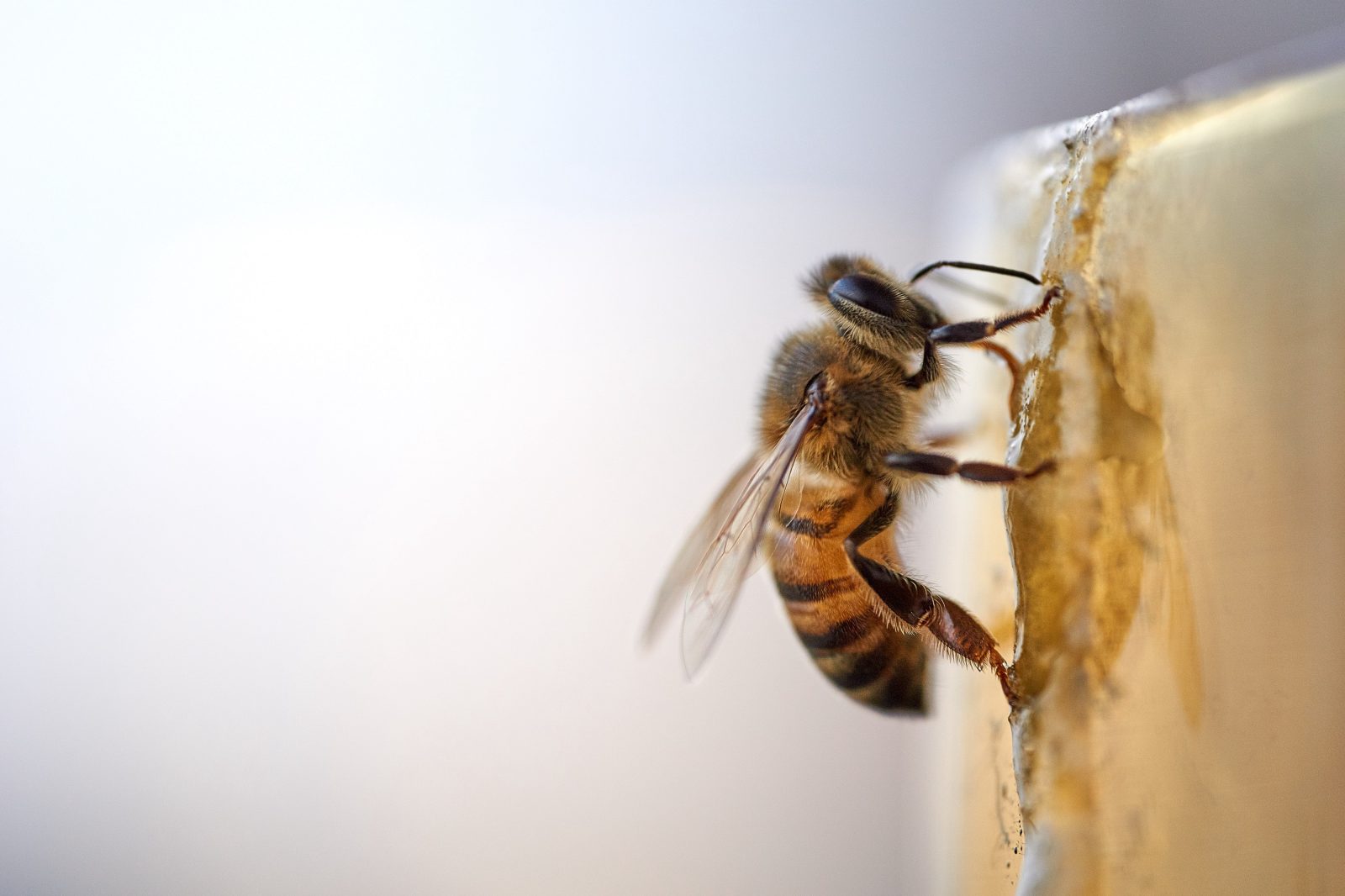
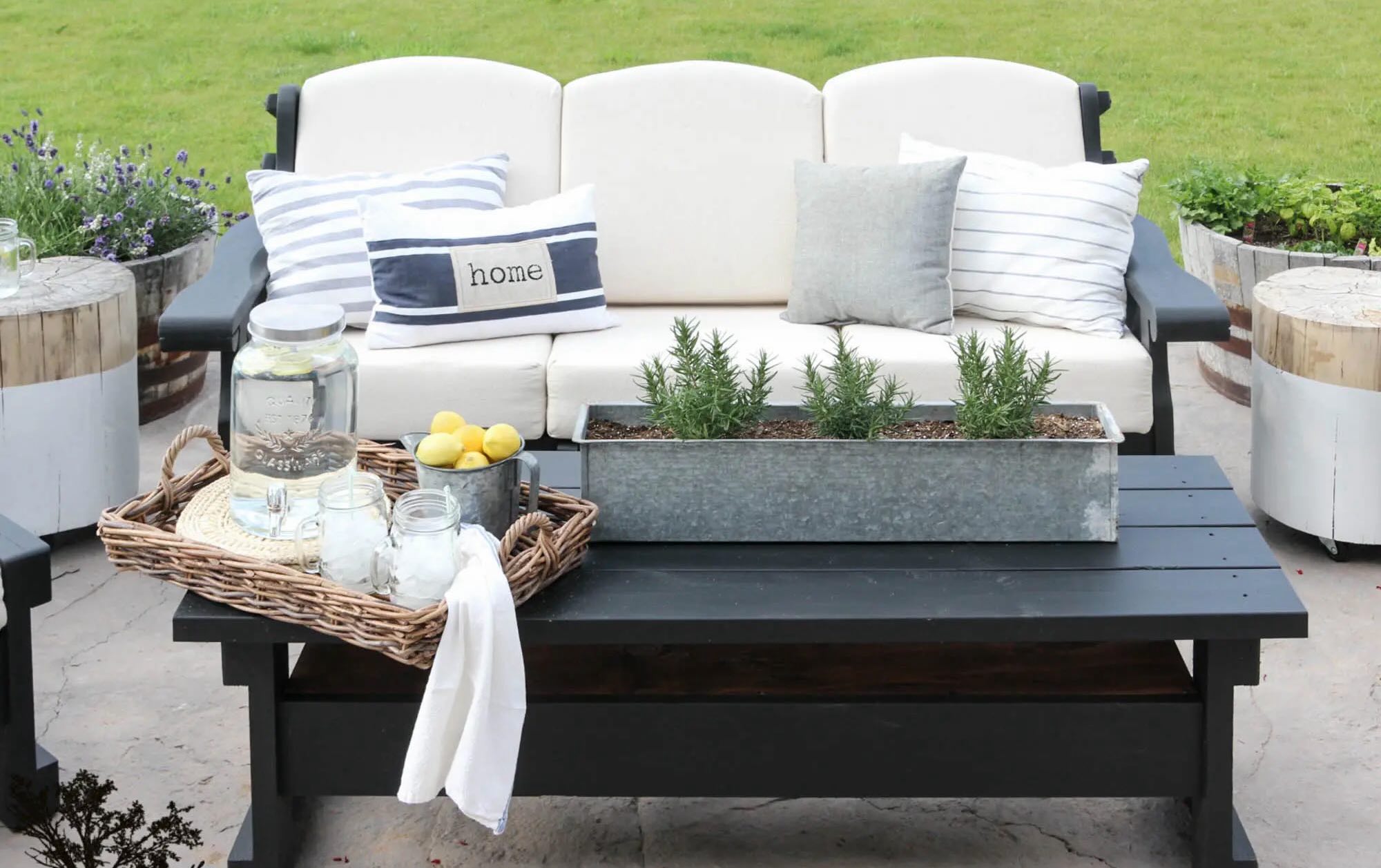
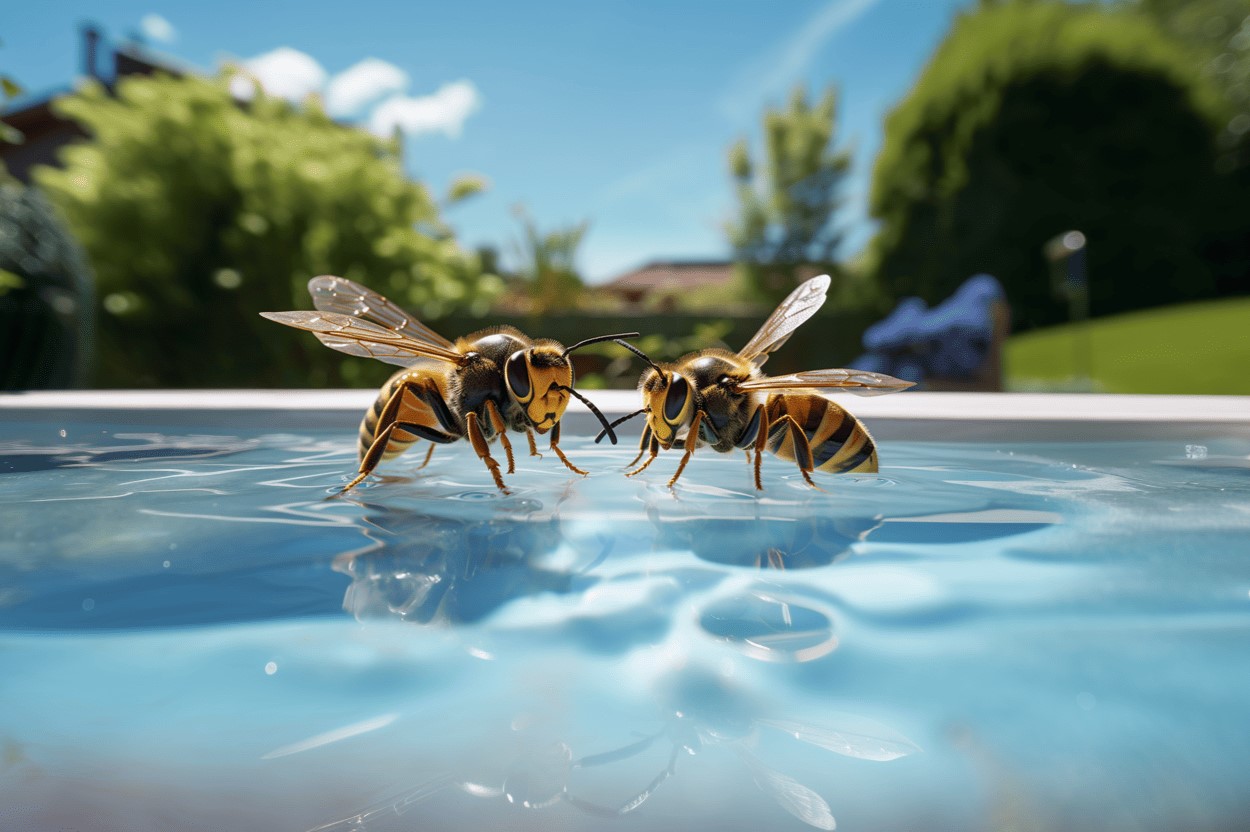
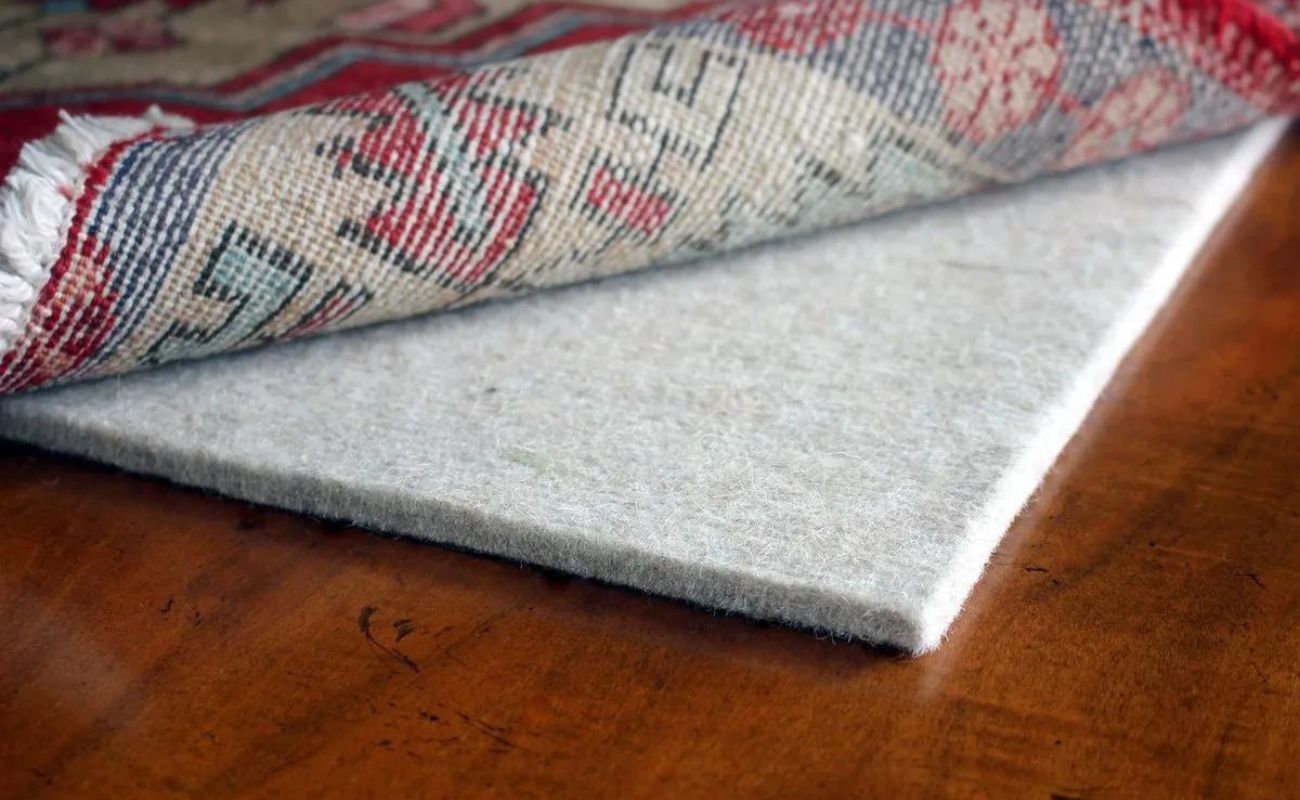
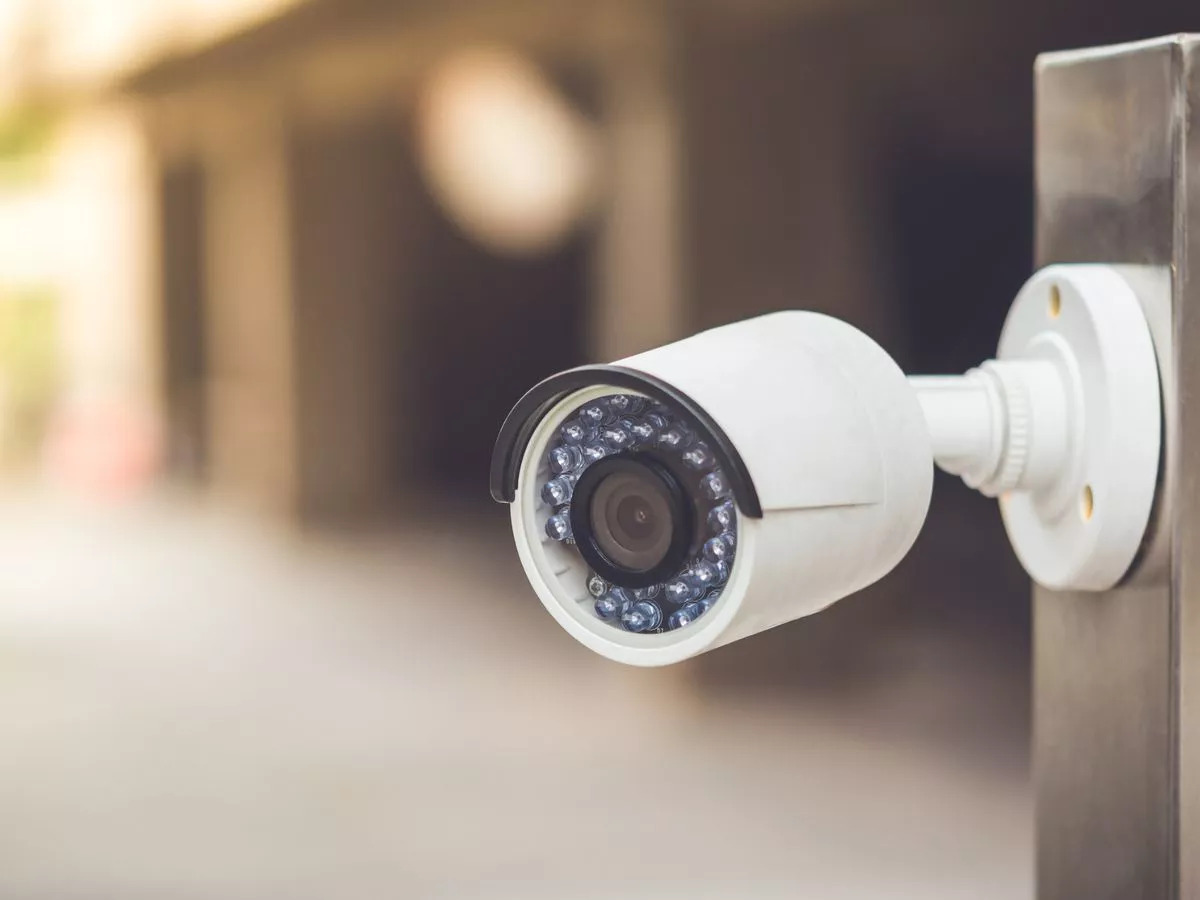

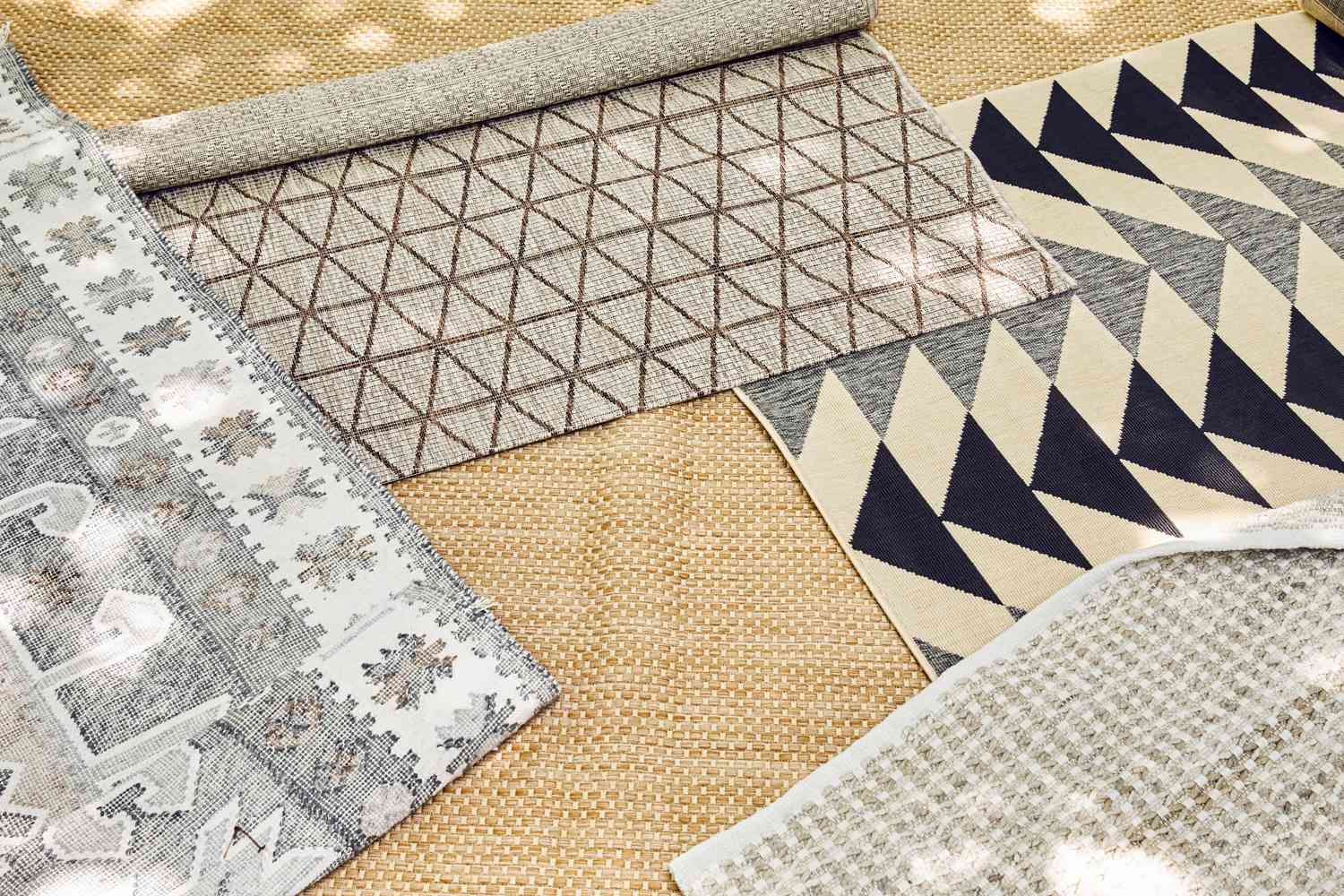

0 thoughts on “How To Keep Pigeons Away From Balcony”